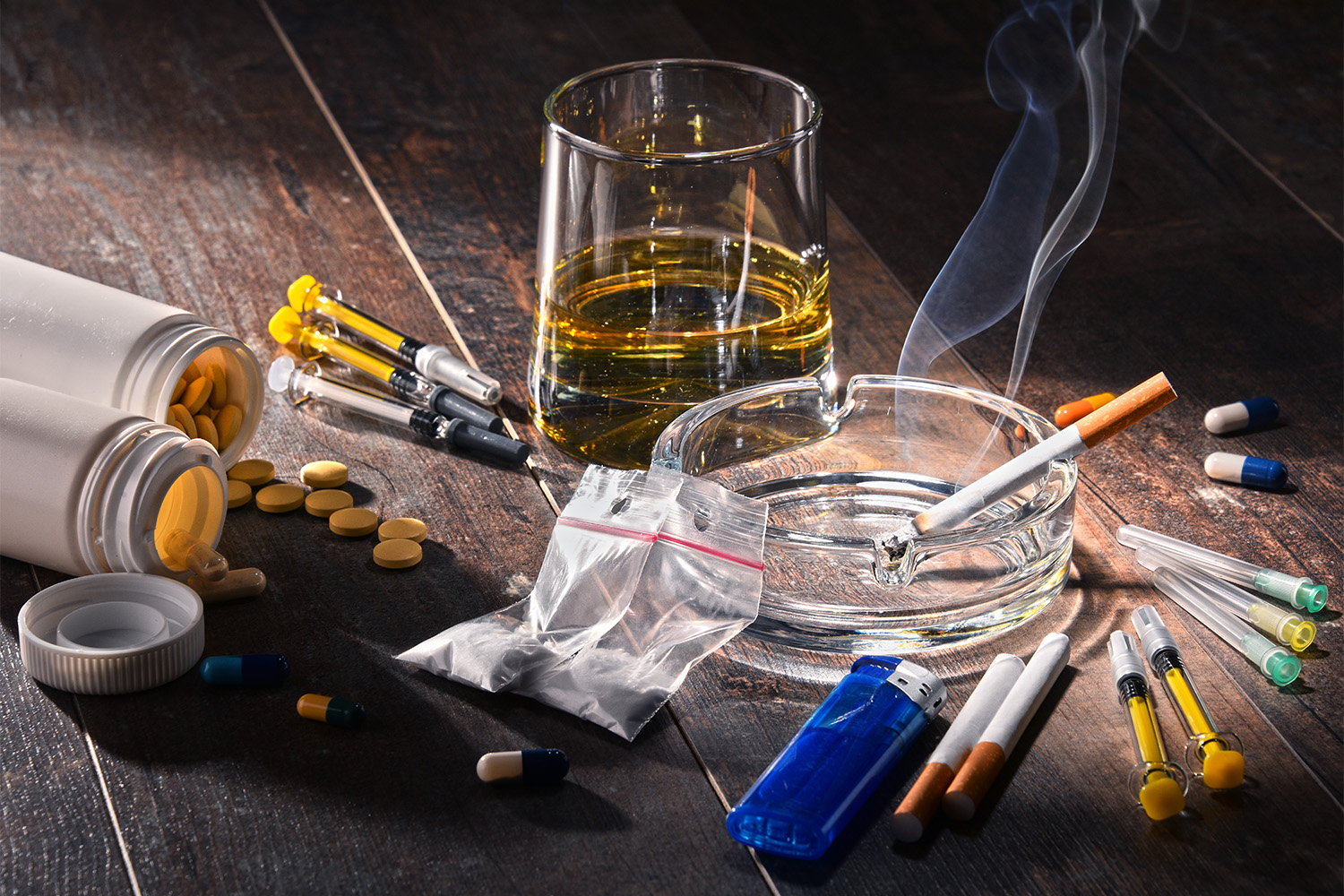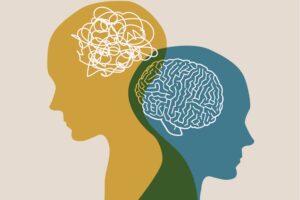If you or a loved one are addicted to drugs or alcohol, you know just how difficult getting sober can be. The process of getting sober requires a lot of support and effort. It’s not easy to do, let alone on your own.
The first step towards recovery is admitting that you need help. Often, the second step is detoxification. Detoxification is also known as withdrawal treatment, and the goal is to get you off a substance at a safe pace.
To learn more about detoxing from alcohol and drug addiction, keep reading.
What Is Detoxification?
Detoxification is when your body rids itself of drugs or alcohol after stopping your use of substances and starting a treatment program. Many people attempt to enter into detoxification on their own, but it is not an easy process and can be very dangerous. Many people become very ill during the detoxification process, making it easy to relapse into alcohol or drug abuse.
Depending on the substances you are detoxing from, your process might look different than someone else’s. Different drugs, how long you have been using, and other health-related factors, might influence how detoxing goes.
The main goal of monitored detoxification is to ensure that a person is safe and receiving proper treatment as their body goes through withdrawals. Entering into a rehabilitation facility that provides monitored and medically-assisted detoxifications can ensure that you are taken care of properly by healthcare providers specializing in substance abuse recovery.
What Are Withdrawals?
Withdrawals happen after you begin to rid your body of substances it is used to. Drugs and alcohol use can alter the chemistry in your brain and cause you to become dependent on the substance. You will have tricked yourself into thinking that you need the substance to function, and it’s partly true.
When you become dependent on a drug or on alcohol, your body believes it needs it to feel “normal.” When you aren’t using, you will begin to feel severe withdrawal symptoms from that substance. Not only are these symptoms painful, but they can be debilitating.
The quickest fix to stop these symptoms is to use again, but it’s not what you actually need if you are looking to recover from substance use disorder. Drug and alcohol withdrawals are dangerous when they aren’t monitored properly at a treatment center.
Some common symptoms of withdrawal are:
- Nausea
- High blood pressure
- Weight loss
- Tremors
- Paranoia
- Elevated heart rate
- Anxiety
- Insomnia
- Mood swings
The Dangers of Detoxing At-Home
A drug detox or alcohol detox at home instead of within an organized detox program can seem like it’s an easier and less expensive way to get help, but it is not recommended that you try it yourself. Quitting “cold turkey” or trying different home remedies can be potentially fatal, depending on the severity of your addiction and what assistance you require.
If you or a loved one are struggling with dependence on alcohol, opioids, or benzodiazepines or have co-occurring mental health disorders on top of addiction, medically supervised detox is almost required. The side effects of detoxing these substances are potentially life-threatening, and there is a high risk of relapsing or developing additional health problems.
When you are at home, you can’t receive life-saving treatment if you need it. You will find it difficult to stay sober, even if the symptoms aren’t that bad, simply by being unsupervised in your own space. If you can enter a detoxification program at a rehabilitation facility, we highly recommend you do so.
High-Risk Symptoms
While some symptoms of withdrawal and the detoxification process might seem manageable on their own, a few can regularly occur and create issues. For example, if you are a long-term user of methamphetamines or alcohol, the withdrawal symptoms you may experience will likely be more severe than someone trying to stop using cannabis after only a few weeks.
Some high-risk symptoms that you might encounter if you attempt to detoxify at home without medical advice are:
- Hallucinations
- Delusions
- Seizures
- Fever
- Severe agitation
- Delirium
What Is Medically-Assisted Detoxification?
A medically-assisted detoxification, also known as inpatient detox, will provide a patient with around-the-clock care and support during their toughest times. During these treatment services, you will be monitored to stay as safe as possible while experiencing withdrawal from a certain type of substance.
This allows medical professionals to administer proper medication to you on an as-needed basis during the detox process. Some detoxes from certain substances require medication to help subdue some of the withdrawal symptoms.
Depending on how long and severe your addiction is, you may need these medications for longer or shorter than other people. Having medical personnel there to administer the medication, control the dosages, and watch your symptoms should put you at ease.
Going through detoxification alone is scary and intimidating, yet rehab often scares people away. While getting help may not be what you want, you know it’s what you need. We understand that addiction is not a choice and that sometimes you can feel really lost.
It is important to know that while that may be true, it is a choice to get better. And it is one of the best choices you can make for yourself.
The Detoxification Process
Detoxification is scary, but choosing to enter detoxification can be scarier. If you want to go through detox, you have to admit to yourself that you have a problem that needs outside help. The first thing to know is that no one will judge you for your addiction, especially not for seeking help.
After you decide that a detoxification program is right for you, there will be a few steps you go through to complete the process.
Evaluation
Before you proceed with the detoxification process, the rehab center staff will conduct a few tests to better understand your needs. They will determine what substances are in your system, how long you have been using them, any symptoms or health concerns that might be related to your substance use, and if you have co-occurring mental health disorders.
This helps them decide what kind of treatment and medication you will need. From the moment that you enter a rehab facility, you are going to be monitored. This may seem invasive at first, but all the information gathered by the staff will result in a comprehensive treatment plan that is specialized for your needs. The more information you can provide them, the better your detoxification journey will be.
Stabilization
After you have undergone the intake process, you will begin the actual detoxification process. The medical staff monitors this, and you are given the necessary treatment. You might require addiction prevention medications for only a few days or weeks until you can be considered stable.
The journey may change as you undergo the detox, but any choices made by the people in charge of keeping you safe will be essential. This part of the process ensures that the treatment is working, there aren’t any complications, and that you are as comfortable as possible. All these things work together to help you experience detox in the easiest way possible.
Entering Treatment
The entire time you are undergoing detoxification, there is a team behind you crafting a treatment plan specifically for you. Detox deals with your physical dependency on drugs but doesn’t quite yet get to the psychological part. While detox helps control your symptoms and rid your body of substances, that is only the first step toward recovery.
A treatment plan will help you focus on goals for your addiction recovery. Your addiction treatment team will work with you to create a plan that is useful to you and more likely to be sustained. They take into consideration your environment and history and craft a plan that is specifically tailored to you.
Seeking Help With Soba
Getting help can be overwhelming. Especially if you think you are alone and are anxious to ask for help. At Soba Recovery Center in San Antonio, Texas, you never have to feel alone throughout your recovery journey. With a safe and successful detoxification program, we can help start you off strong and follow through with treatment plans specific to you.
With inpatient and outpatient treatment services, you can find an option that is right for you and your addiction recovery with inpatient and outpatient treatment services. You will undergo both individual and group therapy, form a community, and feel seen by your peers. We can offer you sober living situations if you need a safe environment post-treatment that encourages sobriety and happiness.
Reach out to a Soba representative to learn more about how you can get started with the detoxification program today!
Sources:
The Addicted Human Brain: Insights From Imaging Studies | NCBI





